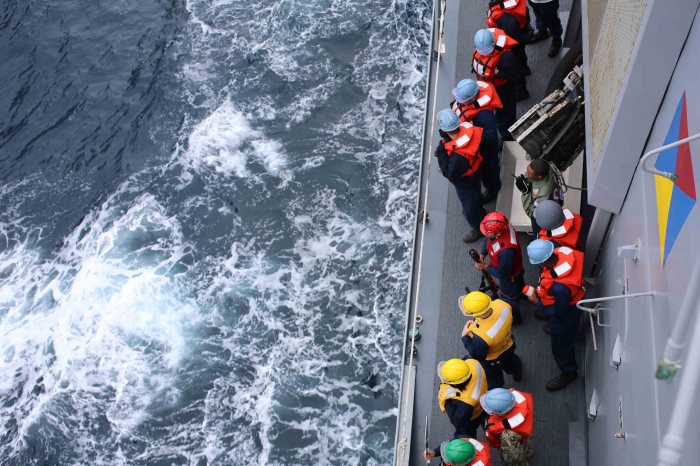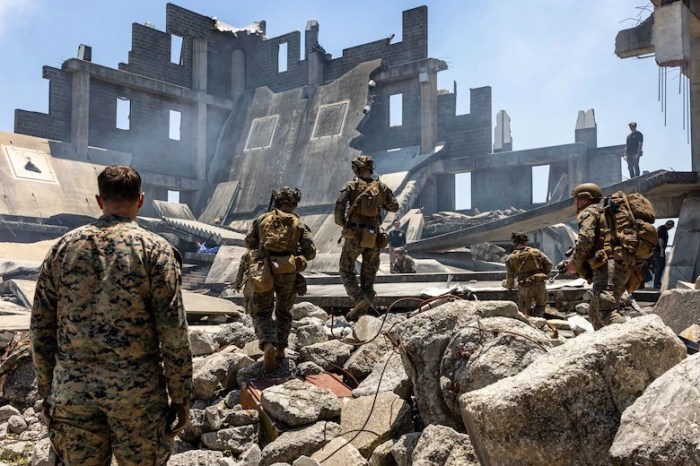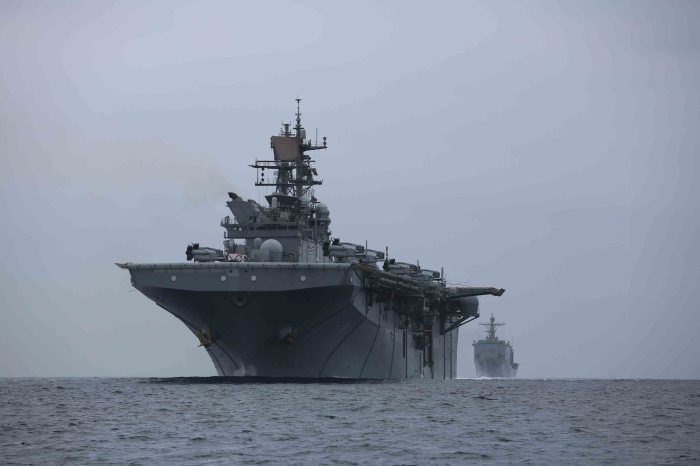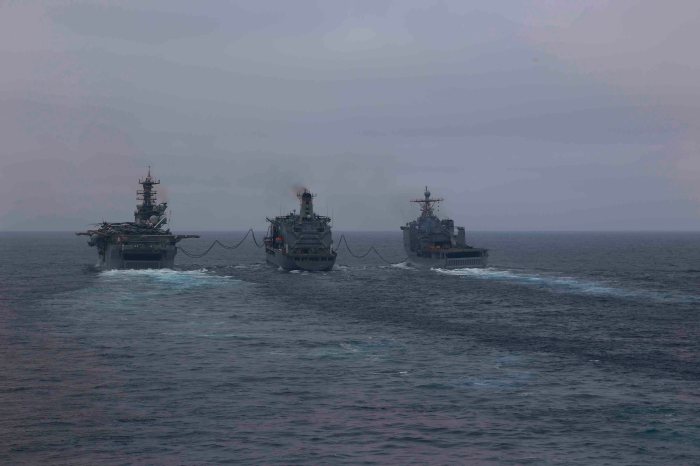In crisis response and limited contingency operations having an understanding – Understanding in crisis response and limited contingency operations is paramount for effective decision-making and successful outcomes. This understanding encompasses various dimensions, including situational awareness, cultural sensitivity, and cognitive biases, all of which play a critical role in shaping responses and mitigating risks.
Delving into the significance of understanding, this exploration will unravel the challenges and methods of enhancing it, while showcasing real-world applications and the benefits it offers for crisis management and contingency planning.
Crisis Response and Understanding

Understanding is crucial for effective crisis response. A lack of understanding can hinder decision-making, resource allocation, and coordination, leading to delayed or ineffective responses. It can also exacerbate the crisis by creating confusion, fear, and mistrust.
Understanding in crisis response encompasses various aspects, including the nature and severity of the crisis, the needs and concerns of affected populations, the available resources and capabilities, and the political, social, and cultural context.
Understanding in Limited Contingency Operations
Limited contingency operations are military operations conducted in response to specific, limited objectives. These operations often involve complex environments and challenges, including cultural, political, and social factors that can significantly impact understanding.
Understanding the context and environment is crucial for successful operations. This includes understanding the local culture, political dynamics, and social norms, as well as the potential for conflict or instability.
Methods for Enhancing Understanding
Various methods can be used to gather and analyze information to enhance understanding in crisis response and limited contingency operations. These include:
- Situation assessments and needs assessments
- Communication and coordination with local authorities and stakeholders
- Cultural immersion and language training
- Use of technology and tools, such as data analytics and mapping software
Challenges to Understanding
Achieving a comprehensive understanding in crisis response and limited contingency operations can be challenging due to several factors, including:
- Cognitive biases and preconceptions
- Information overload and conflicting reports
- Time constraints and pressure to make decisions
Overcoming these challenges requires critical thinking, active listening, and effective communication.
Applications of Understanding, In crisis response and limited contingency operations having an understanding
Improved understanding has numerous applications in crisis response and limited contingency operations. These include:
| Application | Benefits |
|---|---|
| Enhanced situational awareness | Improved decision-making and resource allocation |
| Improved communication and coordination | Reduced confusion and duplication of efforts |
| Increased legitimacy and trust | Improved relationships with local communities and stakeholders |
| Reduced risk of conflict and instability | More effective and sustainable operations |
Expert Answers: In Crisis Response And Limited Contingency Operations Having An Understanding
What are the key challenges to achieving understanding in crisis response?
Common challenges include cognitive biases, information overload, time constraints, and cultural differences.
How can communication and coordination improve understanding in crisis response?
Effective communication and coordination among stakeholders enhance situational awareness, facilitate information sharing, and reduce misunderstandings.


